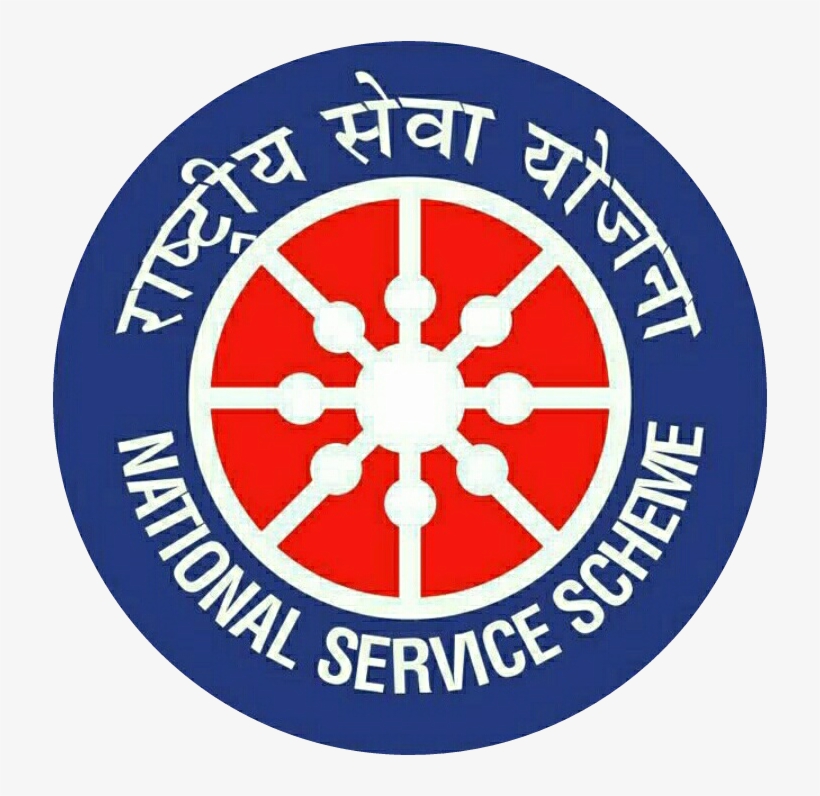-
passion meets purpose
Dashrath Prasad Singh Institute of Teachers’ Education is indeed an excellent choice for teacher education in Muzaffarpur, known for its quality programs and strong reputation in the region. If you need more detailed information or assistance related to this institution, feel free to ask!
Online Classes
Dashrath Prasad Singh Institute of Teachers’ Education goes beyond traditional academic instruction by prioritizing the holistic development of its students
Read MoreScholarship
The Dashrath Prasad Singh Group of Institutions is committed to making quality education accessible to all students, irrespective of their financial background.
Read MoreBooks & Library
The Dashrath Prasad Singh Group of Institutions is committed to making quality education accessible to all students, irrespective of their financial background. To support and encourage academic excellence, the group offers various scholarship programs.
Read MoreTrending Courses
The Dashrath Prasad Singh Group of Institutions stays ahead by offering courses that align with industry demands and emerging trends. These programs equip students with the knowledge and skills needed to excel in high-growth fields.
Read MoreLearning That Gets You
We will give you future
Understanding the significance of a comprehensive educational experience, the institute actively integrates cultural activities into its programs. To further support this well-rounded development, Dashrath Prasad Singh Institute of Teachers’ Education is associated with the National Service Scheme (NSS). This affiliation enables students to participate in community service and social initiatives, promoting their overall growth and enhancing their leadership and interpersonal skills.



